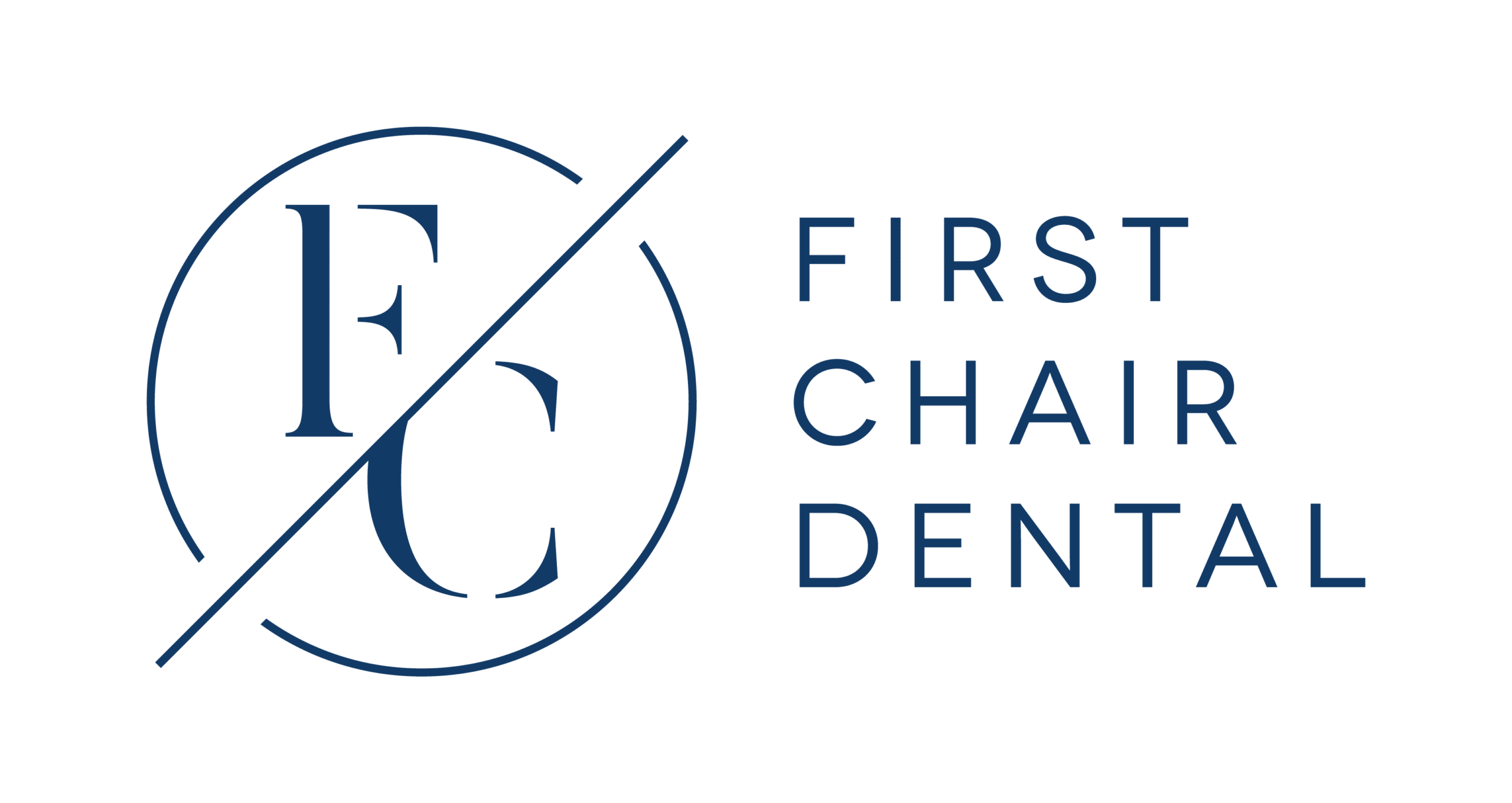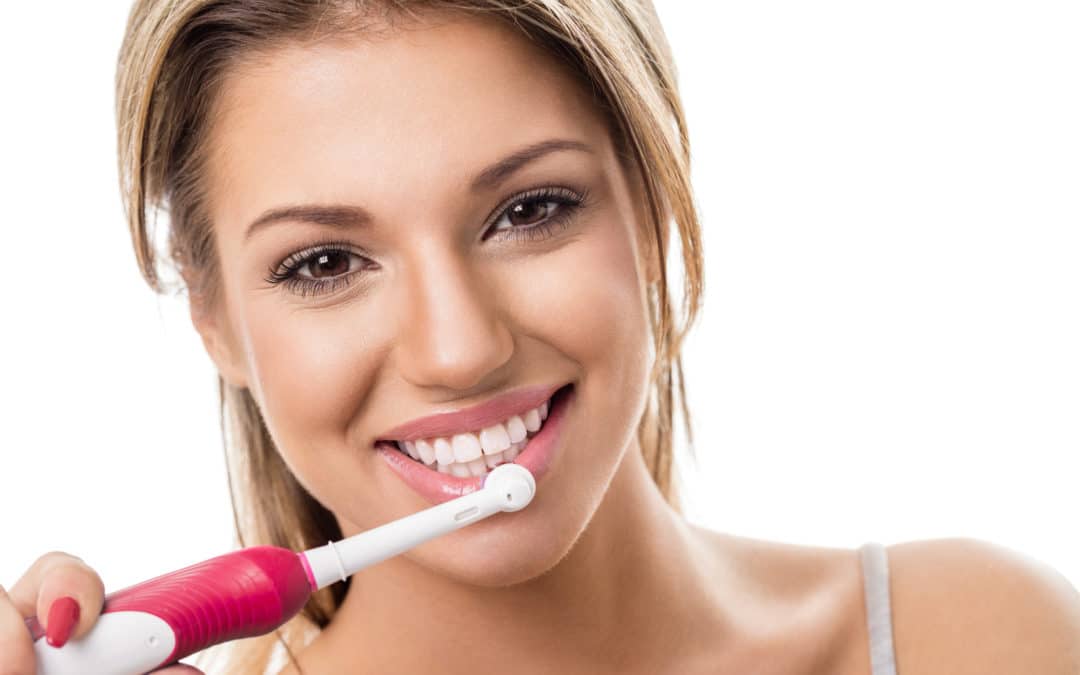Dental health isn’t just about a straight, even row of pearly whites.
Maintaining oral health also prevents bad breath, prevents disease, and even preserves heart health!
So when it comes to family dental health, it’s crucial that you and your family do as much as possible to reap all these benefits.
But what can you do, both in and out of the dental office, to ensure that your family’s teeth and gums are in the best condition?
Keep reading to learn more. Below, we’ll explain six things you should know about your family’s dental health.
1. Family Dentists are Great for the Whole Family
Pediatric dental health facilities are great! But the benefit of a family dentist is having every member of your family experience great dental services, regardless of age.
While a pediatric dentist specializes in dental care for children, family dental health services can cater to both adults and children. Not only that, but your child will be able to use the same dentist growing up.
So if you’re pleased with the care and service your child’s dentist offers, you can continue to rely on that service across age groups. Your child won’t have to switch and adjust to a completely different service once they hit a certain age.
2. Softer Bristles are Better
When brushing your teeth, it might seem like a good idea to brush as hard as you can. But while it’s important for your family to clean teeth thoroughly, harsh brushing can cause long-term damage to teeth.
For this reason, it’s best to choose toothbrushes with softer and more flexible bristles. Not only will this be gentler on the teeth, but softer bristles tend to be more flexible. This allows bristles to reach deeper in between teeth, removing the need to apply excessive force.
Otherwise, brushing too hard can actually threaten oral health. That’s because too much pressure can erode away at the enamel over time.
The result of this increases dental sensitivity, cavity susceptibility, and gum shrinkage. If the damage is too significant, that damage is permanent. That is unless a dentist uses fillings to cover some of this erosion.
3. Dental Health Insurance Plans Cover Preventive Visits
Staying uninsured is never the smart choice, no matter the reason. This holds especially true if you or anyone in your family develop dental health problems because of a lack of early detection. Preventing problems is a lot easier than fixing them, especially if fixing them means forking out finances that you simply cannot afford.
With regular dental visits, dental health associates can prevent major dental health problems or solve them at their early stages. Otherwise, you might have to pay hefty out-of-pocket fees for operations like a root canal.
Not only that, but health and dental insurance can also reduce or eliminate the cost of these visits. But even if anyone in your family develops more serious oral health issues later on despite proper preventive care, most of these plans will cover the necessary treatments/operations/etc.
4. Flossing is Important
Flossing is essential for maintaining oral health. Unfortunately, a minority of American adults floss on a regular basis (once a day). And inevitably, our habits trickle down to our children too!
Even the best toothbrush, toothpaste, and brushing technique can’t substitute flossing. Flossing can do what brushing can’t by breaking up plaque along the gum line and reaching all the other surfaces of your teeth. In fact, it’s the best way to prevent gum disease.
5. Chewing Gum Can Help, as Long as It’s Sugar-Free
Unless you can’t stand the sound of gum-smacking, a little gum can actually help your family’s oral health. Of course, this is only true for sugar-free varieties. Otherwise, the extra sugars can increase the amount of plaque on your teeth and make things worse rather than better.
Gum helps by increasing the flow of saliva, which can regulate pH levels and remove acids that can damage your teeth. So if you’re worried about your kid’s oral health from chewing gum, understand that it can actually help.
Of course, this comes with some caveats. Certain people report feeling bloated or having other gastrointestinal issues because of sugarless chewing gum. It’s not a substitute for a basic dental hygiene routine anyway, so it’s best not to use chewing gum if anyone in your family experiences discomfort while using sugarless chewing gum.
6. Don’t DIY Toothpaste
Though DIY toothpaste had its heyday, it’s no replacement for storebought toothpaste. This is mainly because storebought toothpaste is formulated with fluoride, which is essential to preventing tooth decay and improving tooth resistance. Though certain homemade concoctions can remove plaque, they won’t help teeth’ defenses as storebought toothpaste would.
DIY mixtures can also cause more damage to your teeth. With the wrong balance of ingredients, too much abrasion can wear away at the enamel. Once again, this can cause a host of oral health problems, making your mouth susceptible to gum disease and tooth decay.
Family Dental Health – What You Need to Know
While it can seem like a hassle to worry so much about teeth, taking care of your family’s oral health is more than about looks. It can also prevent diseases, keep your family comfortable and in tip-top shape.
At Meyer Dental, we understand how important family dental health is. That’s why we offer fantastic dental health services for every member of your family, regardless of age! So if you’re interested in maintaining your family’s oral health, contact us today to set an appointment.

